China’s stock market intervention: A case of miscalculated expectations?
Lianhe Zaobao associate editor Han Yong Hong says that despite the Chinese officials’ sudden display of a strong commitment to large-scale economic stimulus and support for the stock market, the public is feeling shocked and uneasy, with market confidence still unstable.
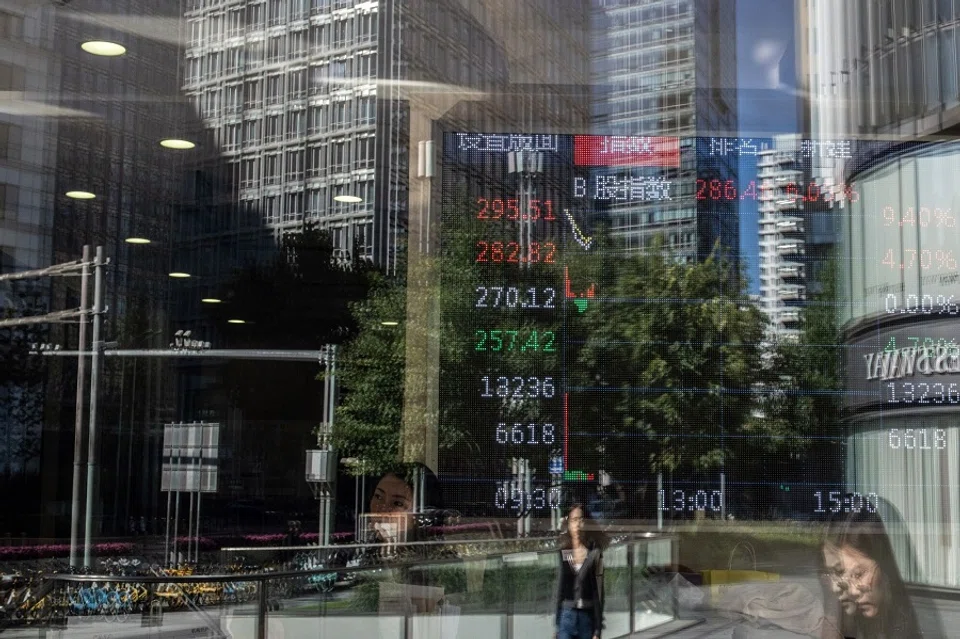
Rumours have spread online that an elderly man from Shanghai was beaten up. This man, a purported stock market guru, gained fame during China’s recent stock market surge. Usually surrounded by hordes of investors at Shanghai’s Guangdong Road, known as the “street stock salon”, the elderly man went viral after making the bold prediction that “A-shares will reach 14,600 points by 2026”.
Unfortunately, the good times did not last long; amid profit-taking during the National Day Golden Week holiday, videos circulating online showed angry investors confronting the elderly man, with some articles claiming that he got punched in the nose. While it is unclear if there really was a physical altercation, the man did record a video to apologise to the nation, admitting that his predictions were exaggerated and promising to reflect on his actions.
His apology may have come a little too late for investors who had recently jumped into the market only to find themselves suddenly trapped. But who can they really blame?
Short-lived surge
In late September, the Chinese government, which had previously emphasised stability and taken a gradual approach to policy rollouts (likened to squeezing toothpaste), suddenly displayed a strong commitment to large-scale economic stimulus and support for the stock market. The resulting impact has not only captivated public attention but also left some feeling dizzy and unsettled.
Some people had withdrawn their fixed deposits while others sold their homes to invest in the stock market. Even the Golden Week holiday offered no respite, with some unprecedentedly anxious for its end.
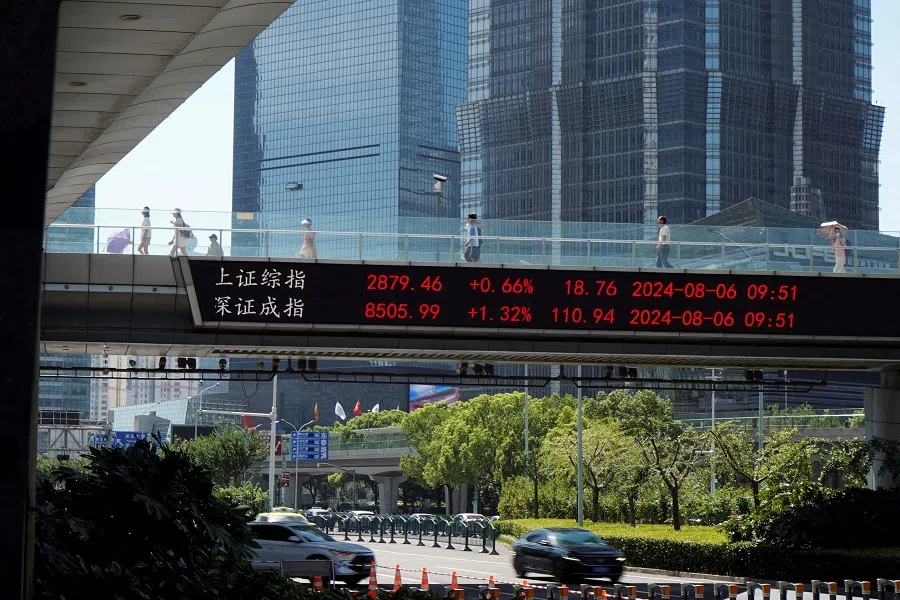
As a result, the stock market slumped into a correction after a brief surge. Those who exited the market early secretly felt relieved, while those who entered at high prices could only console themselves with the lyrics of a popular song: “Awakening from illusions and misunderstandings, appalled at how foolish I’ve been.”
A variety of jokes and anecdotes flooded in, such as: “A seasoned post-70s investor finally managed to break even as stock prices rose, only to discover that his post-00s child had invested the family’s entire savings in the stock market.”
A workplace conversation goes, “What were you thinking, getting into stocks?”
Some wryly described that the authorities’ series of measures are indeed powerful; so powerful that they immediately knocked the stock market back down.
Some rushed to the “exam hall” overnight, while others resigned from their “official posts” never to return — these two contrasting images capture the state of Chinese stock investors during this recent market surge. Young investors eager to get rich quickly are now anxiously hoping for a turnaround.
A long-term solution would require substantial fiscal stimulus policies — real money for real results. According to popular opinion, these substantial funds must amount to “trillions” to be effective.
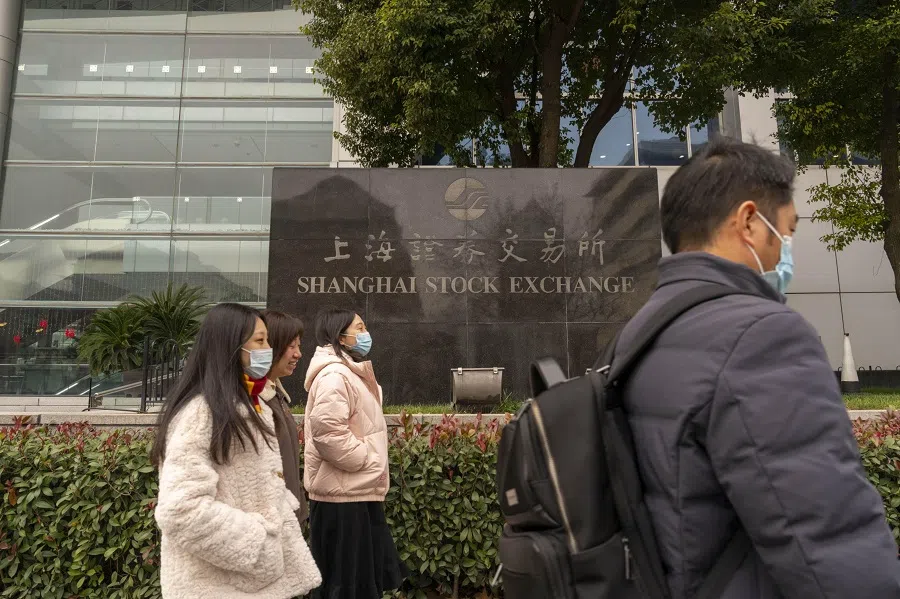
During a business trip to Shanghai last week, I stopped by the intersection of Guangdong Road and Middle Xizang Road. Although I did not see the abovementioned elderly man, the “street stock salon” was lively. Even on a weekend when the market was closed, around five or six in the evening, dozens of people gathered around an elderly man to hear him speak.
Some were there just to watch, while others seemed to be drinking in his words as if it were a sermon. Among the crowd were people with serious expressions, as if they have much at stake. The Chinese government’s recent intense action to rescue the market initially stirred a strong sense of excitement among the public, but this was quickly taken over by mixed emotions of self-mockery, bitterness and confusion.
‘Do-or-die’ situation
One should not solely rely on the stock market’s performance to assess the impact and effectiveness of the government’s market rescue measures, nor should conclusions be drawn prematurely.
Indeed, the government’s strong signal to support the market began on 24 September, when the heads of the People’s Bank of China (PBOC), the National Financial Regulatory Administration and the China Securities Regulatory Commission held a joint press conference.
The most notable policy announced was the introduction of two tools by the PBOC: bank loans to listed companies for stock buybacks, and swap facilities for financial institutions, totalling 800 billion RMB (US$112 billion). This immediately spurred a surge in stock prices.
However, the Chinese government is certainly aware that stimulating confidence through the stock market is only a short-term measure. A long-term solution would require substantial fiscal stimulus policies — real money for real results. According to popular opinion, these substantial funds must amount to “trillions” to be effective.
At this critical juncture, revitalising the economy must succeed — failure is not an option. It is no exaggeration to say that this is a do-or-die situation.
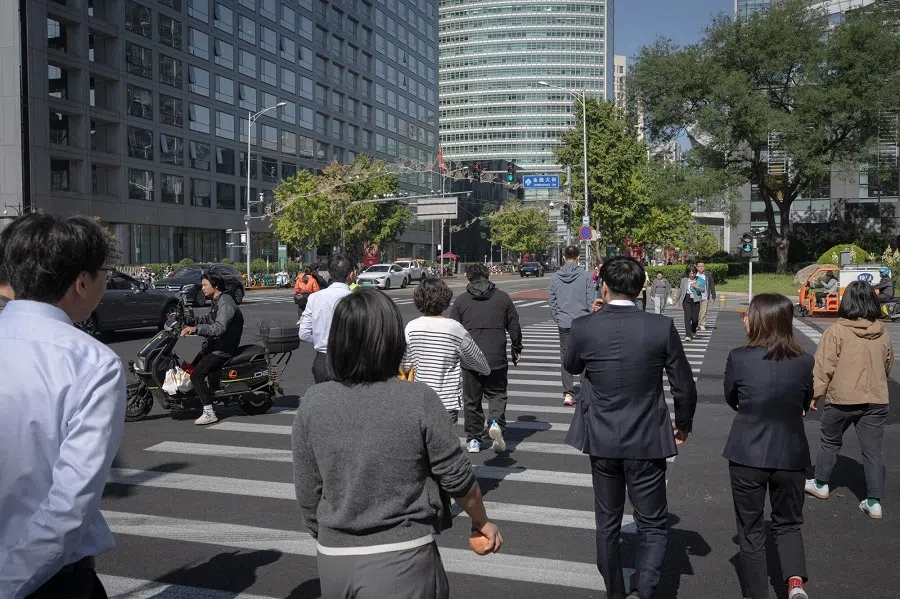
It is said that this “real money” will indeed be forthcoming, with the scale of China’s fiscal stimulus policies possibly exceeding ten trillion RMB over the next one to two years. As for the issuance of special treasury bonds in the short term, in accordance with the procedures, this would require approval from the Standing Committee of the National People’s Congress — which would hold a session in the latter half of this month — before it would be announced.
The political scholars and financial analysts I met recently in China and Singapore tend to be optimistic about the government’s efforts to stabilise the market, believing that this time the Chinese government will see it through to the end. At this critical juncture, revitalising the economy must succeed — failure is not an option. It is no exaggeration to say that this is a do-or-die situation.
Some observers have privately analysed that China has reached a critical point as it has “gone all out, then lost steam, and is now exhausted”. If the situation does not improve this time, it will be truly problematic. Not only will the efforts already made be in vain, but confidence will be harder to restore.
Puzzling action
The good news is that China’s economy still has potential, and some listed companies’ stock prices are severely undervalued. The cash they hold exceeds their stock prices, so the stock market should rebound.
However, the authorities’ actions have been somewhat hesitant, possibly waiting to observe the US Federal Reserve’s moves and the outcome of the US presidential election. If Donald Trump returns to the White House, China’s economy will inevitably face turbulent times. The Chinese government needs the economy to be in a healthier state to tackle challenges while also reserving some silver bullets to be released at the right time.
What is puzzling is whether the authorities considered the gap between policy and market expectations, as well as possible market reactions, before implementing this series of new policies.
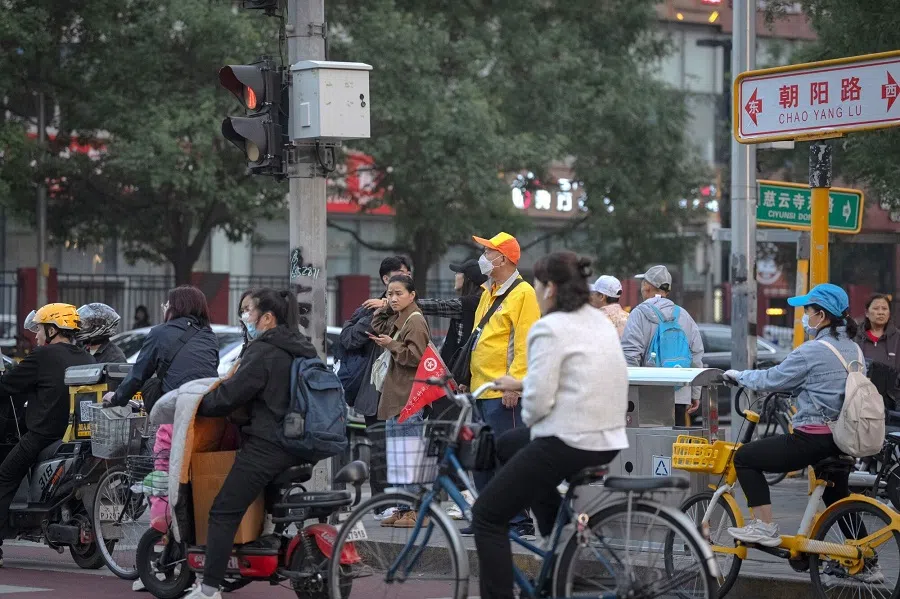
The general view is that the Chinese economy will recover — this is a relatively rational and objective perspective. But how long will the process take? That is much harder to guage.
Given the authorities’ approach to this round of market stabilisation measures, the stock market is likely to go through a turbulent period, requiring investors to endure a phase of psychological strain.
What is puzzling is whether the authorities considered the gap between policy and market expectations, as well as possible market reactions, before implementing this series of new policies. Did they aim to stabilise expectations, reduce market turbulence and avoid fluctuations in confidence?
For instance, did they foresee that listed companies might engage in profit-taking by reducing their holdings? A friend asked, “If small investors understand this logic, why don’t they?” I had no answer; I could not bluntly say that they just do not get it.
This article was first published in Lianhe Zaobao as “中国救市毕其功于一役”.





